Tax Evasion: The Most Common Tax Crime
What is tax evasion?
The most common tax crime is tax evasion, which is specifically defined in 26 U.S.C. § 7201 as a failure to report taxes, reporting taxes inaccurately, or failing to pay taxes.
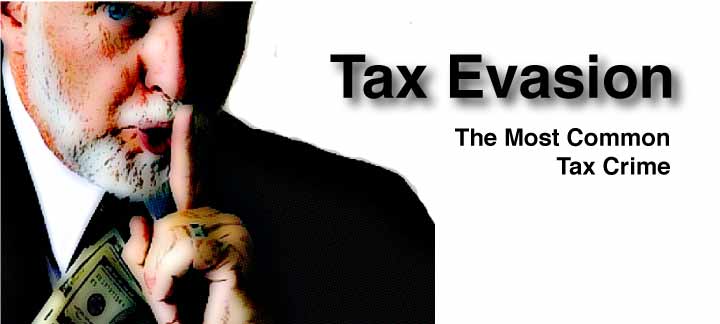
The most common tax crime is tax evasion, which is specifically defined in 26 U.S.C. § 7201 as a failure to report taxes, reporting taxes inaccurately, or failing to pay taxes.

The IRS has been given tremendous power to determine what taxes you owe based on the law and information provided either through your tax return or through the research and findings of IRS auditors.
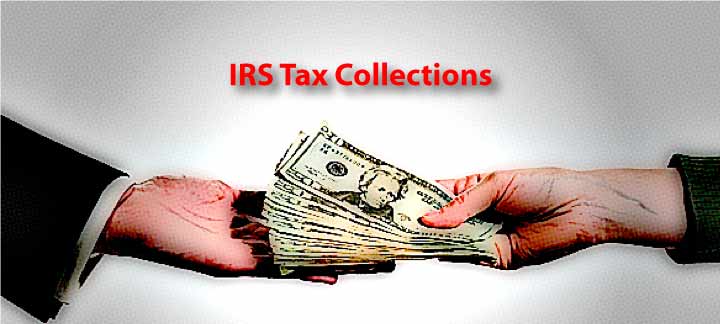
A tax collection is an action taken by the IRS, Franchise Tax Board (FTB), or the Employment Development Department (EDD) to collect money against a taxpayer.
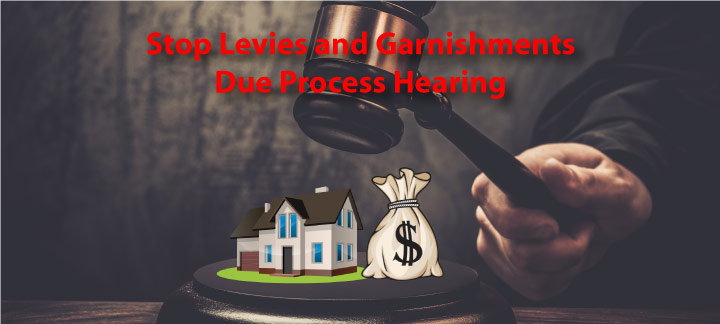
As an experienced tax attorney, Bill Hartsock can represent you if you receive an IRS collections lien notice or notice of levy.
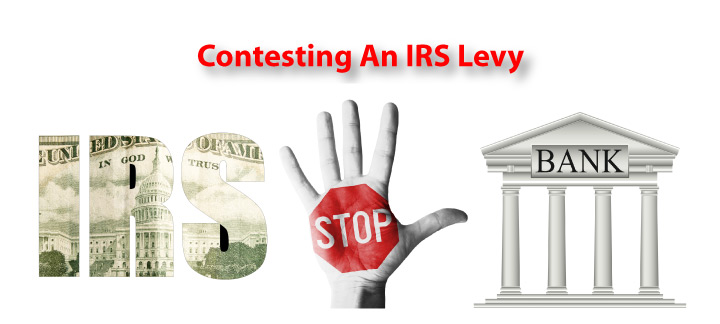
The US government has given the IRS incredible power to both determine the amount of taxes you owe and to perform tax collections. The good news is that you are not powerless.
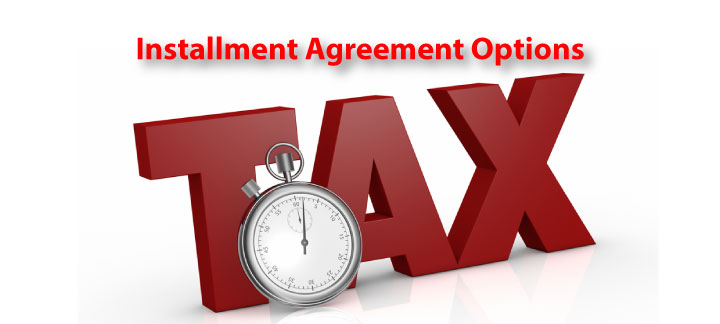
The IRS recently changed its Installment Agreement conditions in order to allow more taxpayers to qualify and catch up on back taxes.
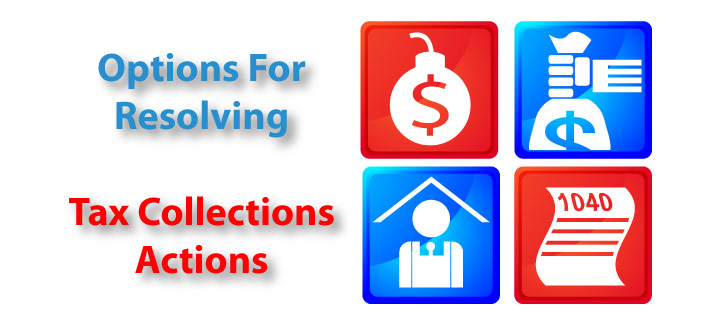
What the IRS has determined that a taxpayer owes a tax debt, they are entitled by the US government to begin tax collections actions. In those cases, the taxpayer has several options for resolving the Tax Collection Action with the IRS.

If you have reached the tax appeals stage and you are considering making a settlement offer to the Tax Appeals officer, there are certain things to keep in mind.
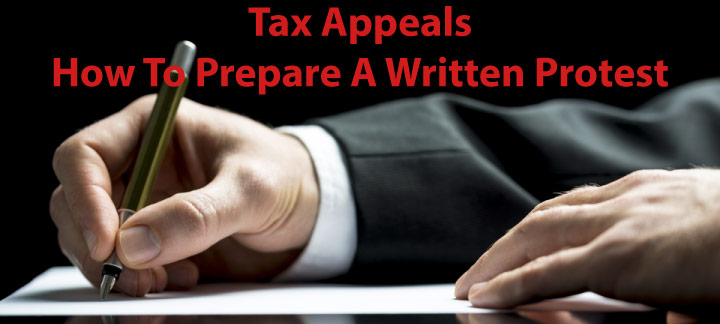
Once you have decided that filing a written protest in tax appeals is the correct strategy for addressing your dispute with the IRS, you must then prepare the written protest itself.

Tax Appeals conferences are typically rather informal. There is generally no stenographer present to record the issues of fact and tax law discussed, unless specifically requested by the taxpayer via specific procedures.